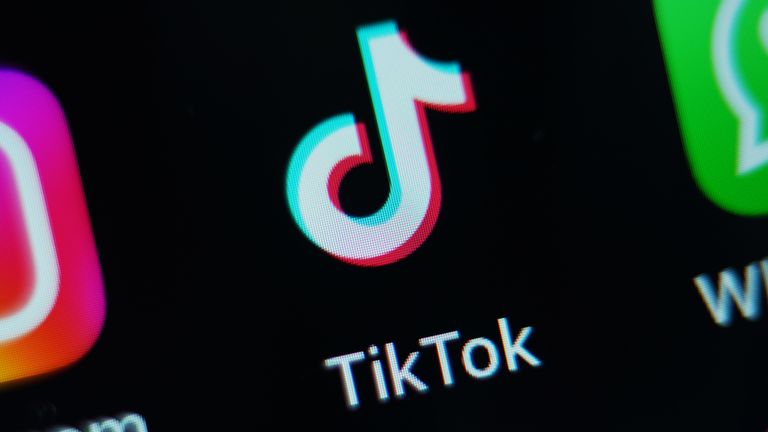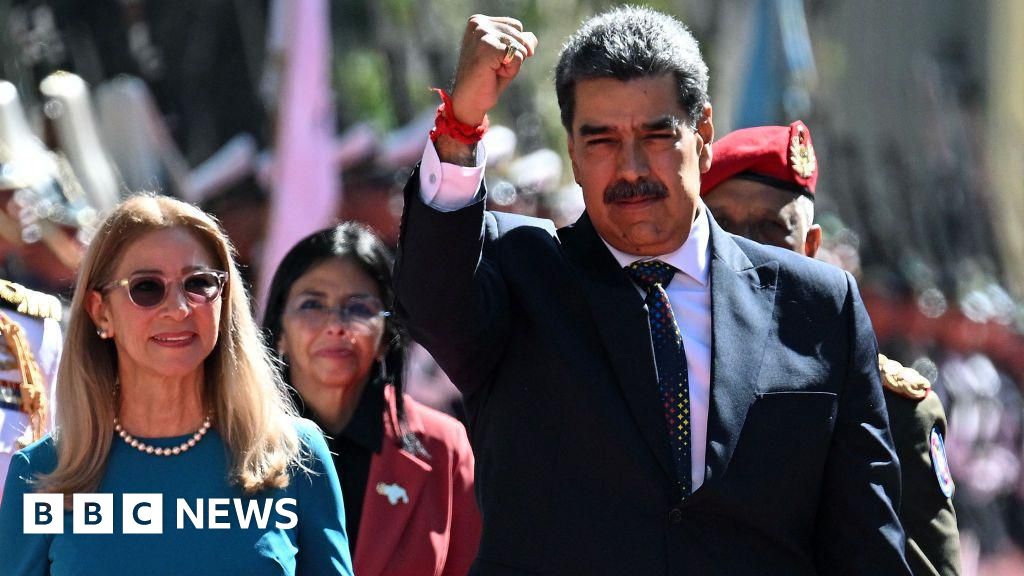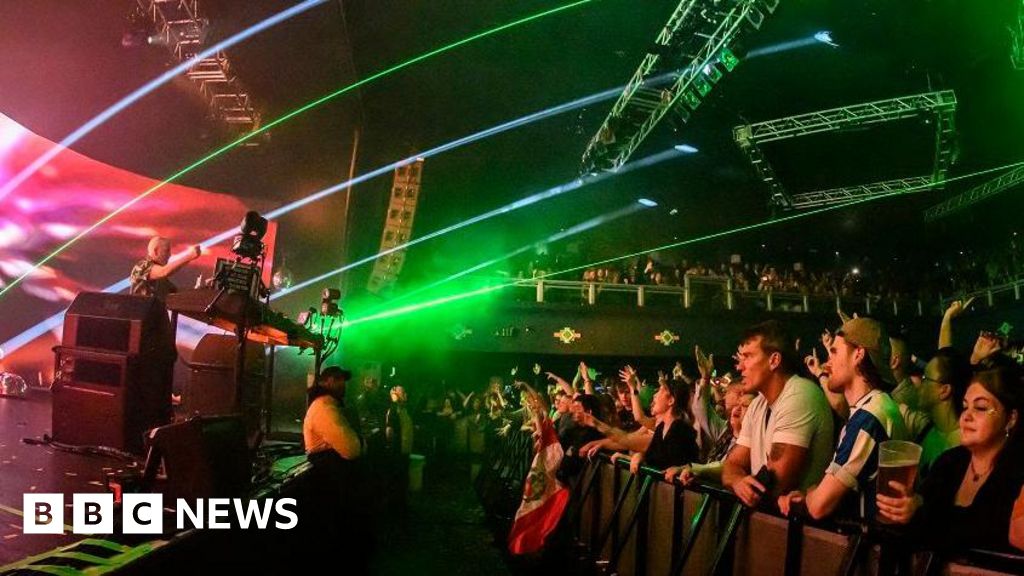Taylor Swift's music is reportedly back on TikTok just weeks after the social media app and her record label Universal Music publicly exchanged furious messages.
Universal accused TikTok of bullying ahead of their agreement to license content on the video platform expiring on 31 January - while the social media firm dismissed the "false narrative and rhetoric".
After the deal expired, TikTok removed the music label's songs from its platform and muted videos featuring those songs, written by anyone signed on to Universal.
But the Financial Times reports Swift's return to the Chinese short-video app had been in the works for some time, citing people familiar with the matter.
Swift owns the copyright to her songs thanks to a deal struck in 2019 with Universal Music that gives her control of where her music is available, the report adds, unlike many other artists.
Sky News has approached TikTok and Universal Music for comment.
The move would mark a return to TikTok less than three months on from a public spat between the app and Universal.

In a scathing open letter shared online, titled Why We Must Call Time Out On TikTok, Universal said it had pressed on "three critical issues".
These included payment for artists and songwriters, protection from the "harmful effects" of AI and online safety.
Read more:
What did Dwayne 'The Rock' Johnson say about Joe Biden?
Amy Winehouse biopic Back To Black has world premiere in London
The video-hosting site responded to requests by the company, which is the biggest music label group in the world, "first with indifference, and then with intimidation", the letter stated.
It also accused TikTok of attempting to "bully" Universal into accepting a deal "worth less than the previous deal" by removing music of developing artists while keeping the work of "audience-driving" global stars.

Follow Sky News on WhatsApp
Keep up with all the latest news from the UK and around the world by following Sky News
TikTok hit back by claiming Universal put forward a "false narrative and rhetoric" and placed "greed above the interests of their artists and songwriters".
The group walked away from the "powerful support of a platform with well over a billion users that serves as a free promotional and discovery vehicle for their talent", the social media firm added.
 (1).png)


















